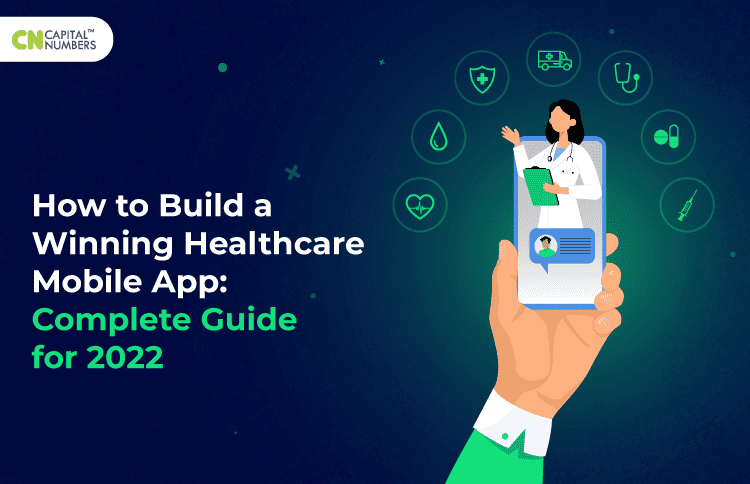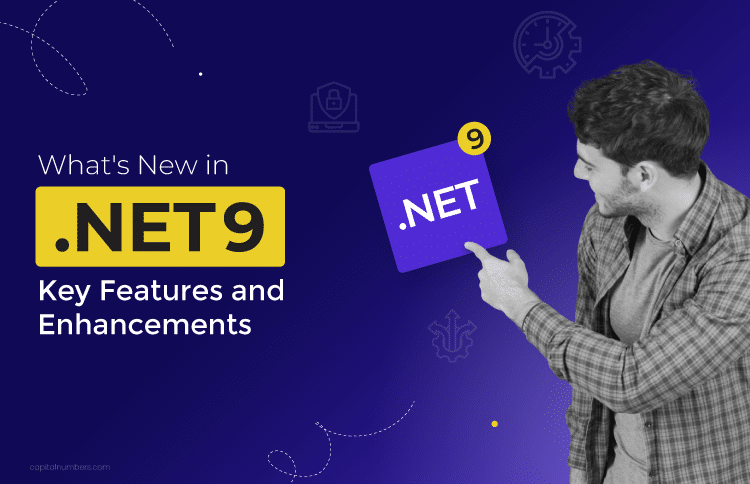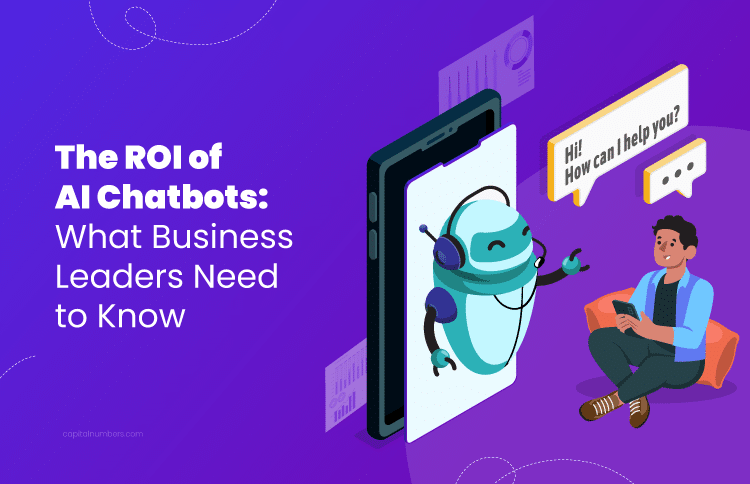How to Build a Winning Healthcare Mobile App: Complete Guide for 2022
Table of Contents
The market for mobile healthcare applications is still far from oversaturation, owing to its constantly evolving nature. Rising demand for preventive healthcare among people, escalating adoption of mobile health technologies by users (patients, physicians, and healthcare providers), and supportive government initiatives are among the key factors contributing to the market growth.
In addition, the growing prevalence of chronic diseases and the high diffusion of digital health technologies have added to the demand for healthcare app development. Seeing the gaining popularity of mobile healthcare apps among users, it is not surprising to note that the global mobile healthcare applications market size will reach $149.3 Billion By 2028. (Source: mHealth Apps Market Growth & Trends, Grand View Research).
These stats indicate that healthcare apps will continue to rule the consumer digital health app market for years. That’s why individual healthcare providers and organizations are investing heavily in healthcare app development.
Let’s take a glance at the benefits of healthcare application development for Healthcare business owners.
Benefits of Healthcare Mobile Apps for business owners:
- Increased customer loyalty
- Increased Customer engagement, attracting users with offers, promotions, etc.
- Task Automation
- Convenient functionality attracting a new audience and retaining existing ones
- The app helps improve well-being or save people’s lives.
Before we lift the veil on how a successful healthcare app is developed, it’s critical to understand its meaning and types.
Meaning of a Healthcare Mobile Application
Healthcare Mobile Application is an application that assists users (doctors, patients, or anyone interested in improving health) keep track of health conditions with the help of mobile devices like smartphones, tablets, or smartwatches. These apps are developed to achieve the goals of longevity and good health for their users.
Types of Healthcare Mobile Apps
Healthcare Mobile Apps are typically divided into three categories; Apps for consumers (general public) and health apps for healthcare professionals and medical administration staff. Let’s look at some of the popular healthcare mobile apps.
Healthcare Apps For General Public
- Telehealth
- Self Diagnosing
- Appointment scheduling and reminders
- Fitness and wellness
- Social Networking
- Mental Health
- IoT medical products
Healthcare Apps For Providers
- Telemedicine
- Remote patient monitoring
- Appointments management
- Diagnosis
- EHR
- Medicine reference
- Clinical communication
Health Apps For Administration Staff
- Doctor/nurse marketplace
- Inventory management
- Billing
- EMR/EHR
5 Steps to Building a Winning Healthcare Mobile App
Step 1. Know Your Target Audience and Their Needs
The mobile healthcare app makers should conduct intense research to understand their customers’ needs and expectations. It includes identifying the problems they must solve for users to craft an app whose functionality and user experience align with consumer expectations. To determine what the user’s needs are and satisfy them with your application’s functionality, you need to answer the following questions:
- What problem will your application solve?
- Who will use it and why?
- How does your app differ from your competitors?
- Are there already existing successful solutions on the market?
- How will you make your app unique from existing similar solutions?
Once you’re able to define your target market and identify your audience needs, you will be able to determine the features to be introduced in your app.
Step 2. Pre-Development Stage
When you are clear about what kind of app you want to develop, for whom you want to build it, and how to do it, it’s time to start the project officially. It is the stage to determine appropriate specifications for developing your app regarding cost, resources, functionalities, and personnel. At this stage, you should know what kind of professionals, the technological stack, tools and technologies, and certifications you will need for the app development.
If you want your app users to target both iOS and Android users, you can choose from various cross-platform development tools such as Flutter, React Native, Ionic, etc. But, if you opt for native development, go for Swift or Objective-C for iOS and Java for Android.
Step 3. Development
Now that you’ve assembled a team and chosen the tech stack, it’s time for mobile app development. You may consider programming languages, including Angular and React for the frontend; Node.js, Laravel for the backend; React Native, Flutter, and Ionic for mobile app development. Remember, the technology stack for your app determines its performance.
Using an efficient tech stack, you can optimize development time and app development costs. Moreover, you can hire a mobile app developer from an offshore web development company to reduce the development cost further. It will provide you with a dedicated development team from its ready pool of engineers, cutting your hiring hassles and time while reducing time-to-market and ensuring successful development in one go.
The aim is to build the main app from scratch and then continually test and iterate to ensure that the functionality is perfect. The eventual app should match the expected deliverables.
Step 4. Quality Assurance
The aim of developing an app is to ensure that it should match users’ expectations. And to achieve this, you have to rigorously test and iterate it to make sure that it functions perfectly. However, you still need to perform quality assurance testing to remove blind spots. It is critical to resolving identified issues before the app is released. Your app should be user-centric, intuitive, and adhere to privacy and safety standards.
Step 5. Product Release and Support
Once you’ve built a full-fledged application, it would still need consistent support. We recommend continuous iteration of the app for its long-term stability.
Wrap Up
Building a successful healthcare mobile app requires a careful selection of developers capable of developing unique, engaging, and helpful apps. Have an innovative healthcare mobile app idea? Contact Capital Numbers. Our dedicated team of seasoned developers will build cost-effective, reliable, and easy-to-use healthcare mobile apps for you stuffed with powerful features. Book a call today to learn more about our healthcare mobile app development expertise!















